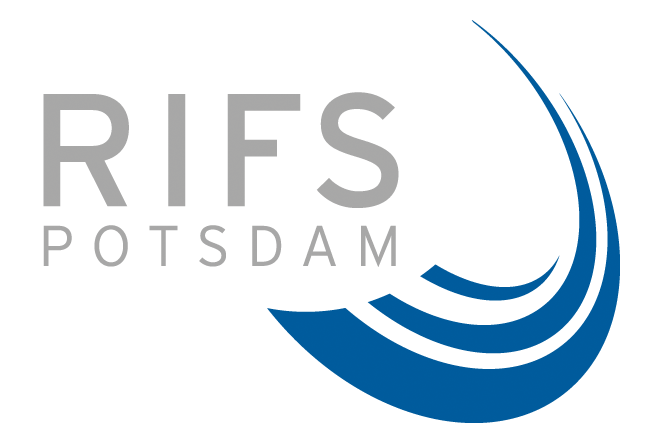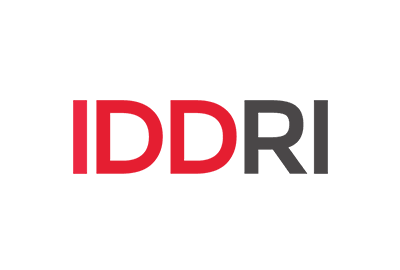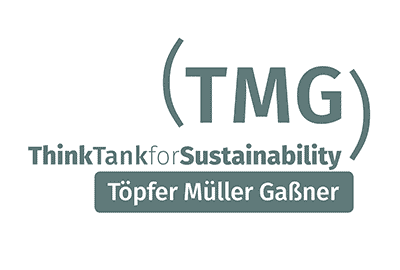The Steering Group consists of representatives of the German Ministry of Environment, the German Environment Agency, the Governments of France and Sweden, the European Commission, UN Environment and the project team. The Steering Group guides the project as a whole in strategic matters, provides advice on progress and key deliverables, supports the development of a long-term strategy, and the positioning of the Forum in relevant global ocean governance processes.
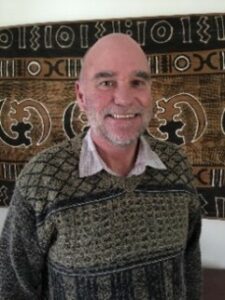
Tim Andrew is Senior Programme Manager at the Nairobi Convention Secretariat, United Nations Environment Programme. He is a South African with a PhD in Ichthyology and Fisheries Science obtained from Rhodes University. He has more than 30 years of experience working on research and development issues especially around marine and freshwater ecosystems from the Antarctic to the tropics, with a focus on sub-Saharan Africa. Prior to joining the Nairobi Convention Secretariat Tim spent 8 years working with the Western Indian Ocean Marine Science Association (WIOMSA) as Director of Outreach and Resource Mobilisation, mainly developing partnerships and strengthening the resource base of the Association. He joined the Nairobi Convention Secretariat at UNEP in 2019 to assist with policy and governance aspects of multiple projects and programmes being implemented through the Secretariat. Tim also currently leads the Secretariat’s work on cross-cutting issues such as MSP, Ocean Governance, and Blue Economy, and coordinates the GEF-funded SAPPHIRE Project.
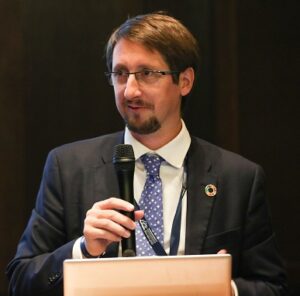
Cyrille Barnérias is Director of european and international relations at the French biodiversity agency (OFB). Prior to joining OFB, he worked for the Global Environment Facility (GEF) in Washington DC on marine and terrestrial biodiversity projects and in Martinique (Caribbean) on biodiversity, protected areas and marine turtles. He started his career working for the French forest inventory on methods and protocols as well as management. With these different experiences, he centers his career on biodiversity covering a large scope from inventory to protection and international relations.
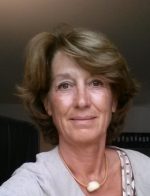
Ann-France Didier is Special Adviser for Regional and Local Governance and Co-ordinator for SDG14, Ministry for the Ecological and Inclusive Transition, France. Anne-France was in charge of the “Plan Bleu” in 2006, one of the regional activity centers and part of the UN EP/MAP system for the Barcelona Convention. From March 2013 to January 2016, she was the director of the DREAL (regional direction of the Ministry in charge of Environment, Energy and Sustainable Development) in Provence Alpes Côtes d’Azur and, from February 1998 to September 2004, she was the Director of the DIREN (regional Direction of the French Ministry of Environment) successively in the West indian Ocean (Reunion Island) and South France (Provence Alpes Côtes d’Azur). She also managed the transition to a sustainable development, teaching a programme and the e-learning of the french technical high school ENTE in Aix en Provence during 8 years.
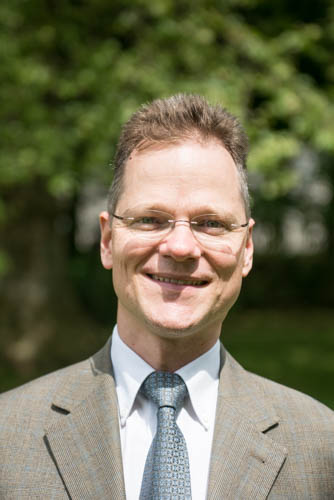
Raphaël Goulet is Head of Unit for International Ocean Governance, Law of the Sea and Arctic policy in the Directorate General for maritime affairs and fisheries of the European Commission since 2020. Before that, he headed the unit for public interest services in the Directorate General for internal market, industry, entrepreneurship and SMEs. Between 1996 and 2016, he held various positions in the Directorate General for regional and urban policy in charge of regional development programmes (ERDF) in Germany, pre-accession infrastructure projects (ISPA) in Latvia. He became Assistant to the Director General in 2002, and headed then different units for strategic planning and inter-institutional relations, for information, communication and international relations, and for Austria, Croatia, Slovenia, Germany and the Netherlands. Raphaël Goulet graduated from the Institut d’Etudes Politiques in Paris and from the Free University (political science and economics) in Berlin.
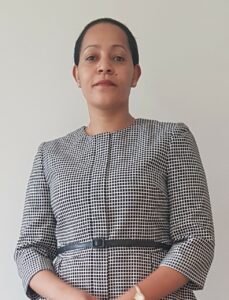
Sinikinesh Beyene Jimma is Chief of Marine and International Waters Unit in the Ecosystems Division of the United Nations Environment Programme (UNEP). She provides strategic leadership on portfolio of programmes and projects across the world for conservation of coastal and marine ecosystem, advancing sustainable blue economy, ocean governance as well as integrated management of transboundary water resources and their ecosystem. Before this position, she has served as Chief of International Waters Unit and lead the design and implementation of programmes and projects funded by the Global Environmental Facility (GEF) that substantively supported the Regional Seas to deliver their mandates, among others. She serves in various Executive Boards and Steering Committees, including GEF SGP Steering Committee member, an alternate Executive Board member for Global Fund for Coral Reef (GFCR), Board Chair Horn Center for Democracy, Executive Board member for African Centre for DRM as well as for Landmine Servicers Network. Sinikinesh holds MSc in Geo-Information Science and Earth Observation for Natural Resources Management from ITC, The Netherlands and MBA from Australian Institute of Business (AIB).
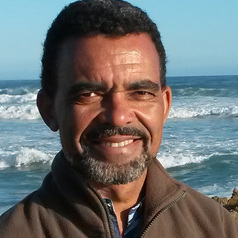
David Obura is a Founding Director of CORDIO East Africa, a knowledge organization supporting sustainability of coral reef and marine systems in the Western Indian Ocean. CORDIO takes research to management and policy, builds capacity, and works with stakeholders, managers and policy makers. David’s primary research is on coral reef resilience, in particular to climate change, and the biogeography of the Indian Ocean. At the boundary between science and action, David works to integrate conservation and development through inclusive blue economy principles and links provided by global sustainability goals and targets. He works from the local scale, through fostering innovative action to promote sustainability, through regional scale alignment and integration, to global scales, bringing knowledge and local-regional practice into decision-making contexts. David serves on the Earth Commission (2019-2022), contributing to describing a ‘safe and just corridor’ into the future, for people and planet.
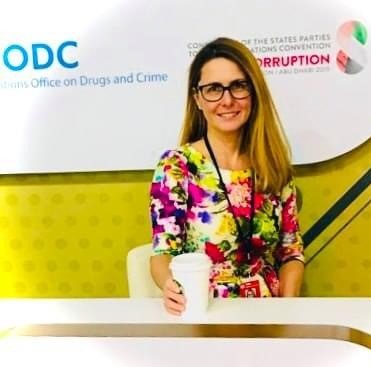
Anna Popova is an International Relations Officer in the International Ocean Governance, Law of the Sea and Arctic Policy Unit of the Directorate General for Maritime Affairs and Fisheries (DG MARE) of the European Commission since 2024. Previously, she held various positions at the Ministry of Foreign Affairs of the Republic of Bulgaria, including as Counsellor and Legal Adviser of the Bulgarian Permanent Representation to the EU in Brussels and First Secretary at the Permanent Mission to the United Nations in Vienna. Anna Popova has diverse experience in the area of international and EU law and international relations.
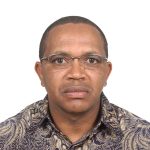
Dixon Waruinge, a Kenyan national, joined United Nations Environment Programme in 2001 and for over 20 years he has gained experience in the management of Multilateral Environmental Agreements, as the Head of the Secretariat of the Nairobi and Abidjan Convention and as the Coordinator for the Nairobi Convention. He has worked for, and with governments, non-governmental organization, and research institution on project design, implementation and coordination, in the diverse fields of, wildlife management, biodiversity assessment and monitoring, biodiversity information management, community biodiversity conservation, environmental impact assessment for many states in Africa. He has managed many complex projects and has comprehensive understanding of oceans governance. He has developed partnerships and cooperative agreements with global NGOs such as WWF, IUCN; Regional Economic Commissions such as the Indian Ocean Commission (IOC); and research institutions, such as Western Indian Ocean Marine Scientist Association (WIOMSA). As the Coordinator for the Nairobi Convention, He has guided the Contracting Parties to the Nairobi Convention in the preparation and adoption of several legal and policy instruments for coastal and ocean governance, including the Revised Nairobi Convention and a new protocol on Land-based sources and activities.
Alumni
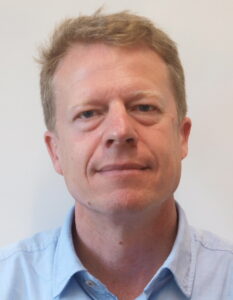
Ingo Narberhaus is deputy Head of Division “Protection of the Marine Environment” in the German Federal Ministry for the Environment, Nature Conservation and Nuclear Safety. Among other things, he acts as the German Head of Delegation to the OSPAR Commission for the Protection of the Marine Environment of the Northeast-Atlantic and he oversees the DE activities in the EU-level ‘Common Implementation Process’ for the EU Marine Strategy Framework Directive and its implementation in Germany. At the global level, Ingo Narberhaus is involved in the development of a deep sea mining regime through the International Seabed Authority, in the SDG14 follow-up process (UN Ocean conferences), he serves as National Focal Point for the UN Regular Process (World Ocean Assessments) and is supervising for BMU the PROG-MRF project.
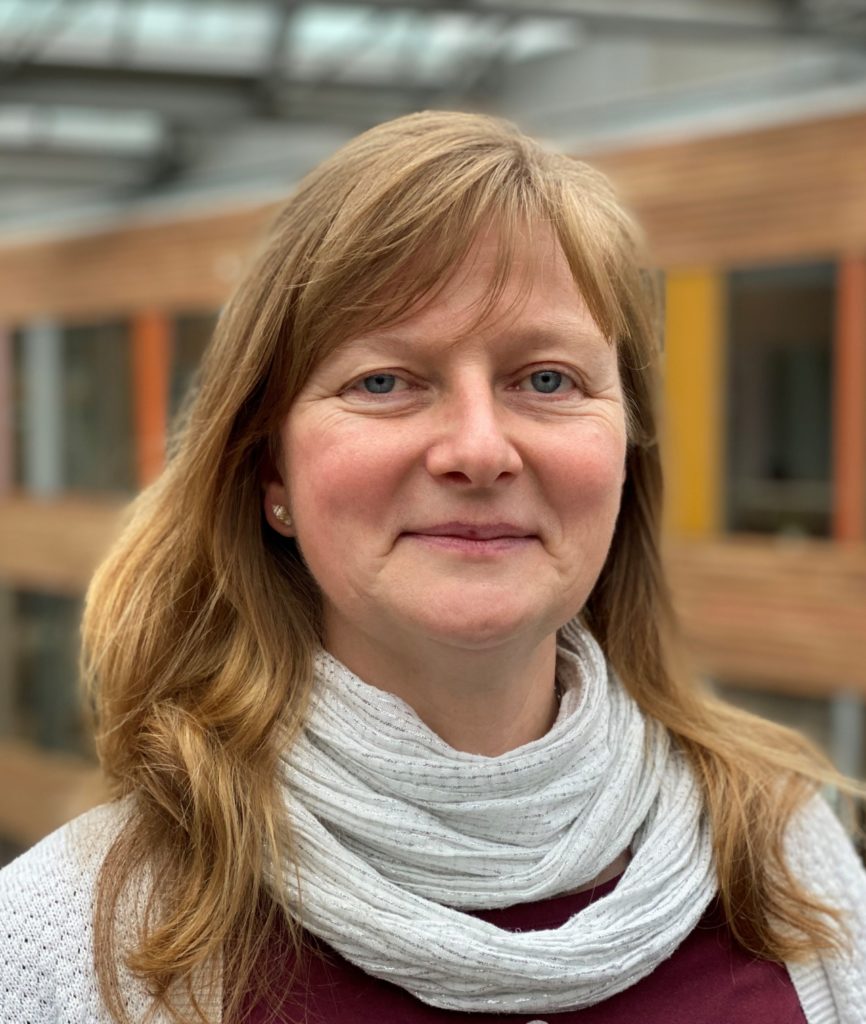
Manuela Krakau is Scientific Officer at the German Environment Agency. She is involved in two sections, „Protection of Marine Environments“ and „Protection of the Polar Regions“, within the division „Environmental Health and Protection of Ecosystems“. Her interests lie in marine biodiversity aspects with focus on alien species in context of MSFD and HELCOM, and she also handles issues relating to effects of climate change and ocean acidification. She has a background in marine science and molecular ecology and brings along experience with environmental assessments of human activities, e.g. maritime tourism. Since 2017, Mrs. Krakau gives professional support of the PROG-MRF project for the SDG14 implementation of the German commitment to advance Regional Ocean Governance (#OceanAction18439).
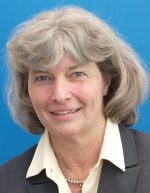
Heike Imhoff is Head of Division „Protection of the Marine Environment“ in the German Federal Ministry for the Environment, Nature Conservation and Nuclear Safety. She is the German EU Marine Director, bearing responsibility, i.a., for the European Marine Strategy Framework Directive as well as for regional vo-operation under OSPAR and HELCOM. For several years she has served as the German Head of Delegation to the Helsinki-Commission (HELCOM). At the global level Ms. Imhoff has been involved in the UNICPOLOS Process, the Rio+20 Conference, the UN Ocean Conference on SDG 14 and the Our Ocean Conferences. During the German G7 and G20 presidencies she has been leading the German G7 and G20- activities on ‘Marine Litter’.
